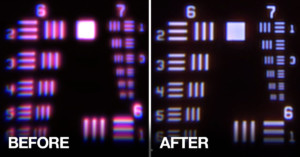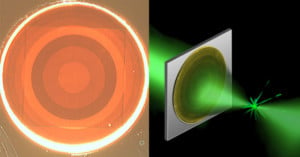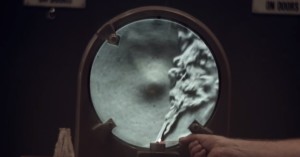
Court Rules Descendant of Slaves Depicted in Photos Can Sue Harvard
A court has ruled that Harvard University can be sued over a series of photographs that depict enslaved people by a woman who is a descendent of the subjects.

A court has ruled that Harvard University can be sued over a series of photographs that depict enslaved people by a woman who is a descendent of the subjects.

Color fringing in photos is most often due to chromatic aberration, when a camera lens doesn't focus all colors onto the same point. It's a common problem, especially with cheaper lenses, but we may soon be seeing much less of it thanks to a new breakthrough at Harvard.

Researchers have created the first "metalens" that can focus the entire visible spectrum of light onto a single point in high resolution. The breakthrough brings metalenses one step closer towards replacing bulky camera lenses with much smaller chips.

Want to learn photography from Harvard? (Yes, that Harvard.) It turns out you can easily do so, even without being a student. The oldest institution of higher learning in the United States offers a free 12-module online digital photography class.

Researchers from Harvard and the University of Vermont have found a way to use Instagram to detect depression. Using machine learning tools, they developed a model that can predict whether a person is clinically depressed with surprising accuracy, just by looking at their Instagram photos.

A team of researchers at Harvard are trying to revolutionize the world of optical lenses. Instead of traditional curved lenses that suffer from various optical flaws, they are working on a completely flat and ultra-thin lens that overcomes age-old problems and pushes optical quality to the limits of the laws of nature.

Schlieren flow visualization and photography is one of those things that is just too cool. Using an optical trick, it allows a camera to capture, "small changes in the index of refraction in air." In other words, it can see anything that affects airflow: heat, sound waves, or just plain old air currents themselves.
And the video above, uploaded at the beginning of this year by the Harvard Natural Sciences Lecture Demonstrations YouTube channel, is one of the most fascinating demonstrations of Schlieren optics we've ever seen.

For a while now, researchers have been trying to remove two things from 3D photos and video: the glasses and the second lens. Some companies have made headway in the area -- think of Samsung's single-lens 3D technology and Panasonic's special single-lens 3D sensor -- but some new research out of Harvard offers a software-based alternative.

If you've always felt that you look more attractive in videos than you do in photographs, you're not alone. A recent study done by researchers at UC Davis and Harvard has found that subjects generally find video footage of people more attractive than stills showing the same face. It turns out that looking attractive in photos is no easy feat due to what the researchers are calling the "frozen face effect."